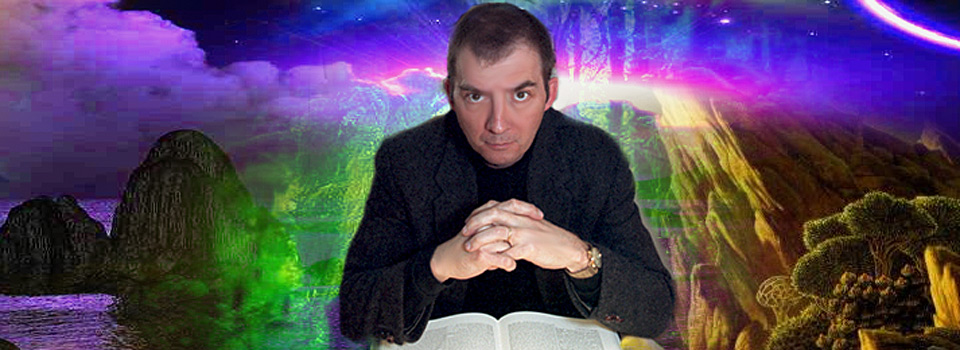Was Tolkien a tree-hugger? Does political tyranny wreak environmental havoc? Does the restoration of the Shire in The Lord of the Rings provide lessons for our own time and place? These are some of the questions discussed in Ents, Elves, and Eriador: J.R.R. Tolkien’s Environmental Vision by UGA English professor Jonathan Evans and co-author Matthew Dickerson of Middlebury College. Writing this book spurred Evans to design a course on environment and literature.
“Although this is a complete departure for me, in terms of teaching,” says Evans, who is Director of the UGA Medieval Studies Program, “I’ve been thinking about these things for a long time.” He notes that UGA’s Environmental Literacy requirement mandates that “all undergrads must demonstrate they are knowledgeable about environmental issues.” Biology, crop sciences, forestry, geology, and other sciences dominate UGA’s list of designated courses. Evans’ course brings the humanities to this field.
In April 2005 the English faculty approved his proposal for ENGL 4835-Environmental Literature. ENGL 4835 will also provide credit hours for UGA’s Environmental Ethics Certificate Program of whose faculty Evans is a member.
In Maymester 2005 Evans taught a pilot version of the course, covering work by two Kentucky writers Wendell Berry and Barbara Kingsolver and stories by James Kibler, English professor at UGA and friend of Wendell Berry. Evans’ first venture into Modern and American literature attracted both English majors and non-majors. He found the Maymester students “extremely enthusiastic” and “intensely engaged” as they examined the representation of nature in these works and analyzed their effectiveness in both aesthetic and political terms.
The topic of Environmental Literature permits many permutations. Evans points out that while fantasy literature and sci-fi often manifest environmental themes, by no means are such issues restricted to these genres. In recent years, eco-feminism and ecocriticism have emerged as sub-genres. “And there’s the expressive, creative aspect of nature writing,” adds Evans, “which has been taught in this department by my colleagues, Philip Lee Williams and Fred Dolezal.”
The many new anthologies of nature writing and environmental literature evidence a growing body of work and criticism as well as growing interest among artists, academics and general readers. Evans hopes the new course and his forthcoming book will stimulate people to think about environmental issues. “It’s important,” he said. “We need to be responsible.”
